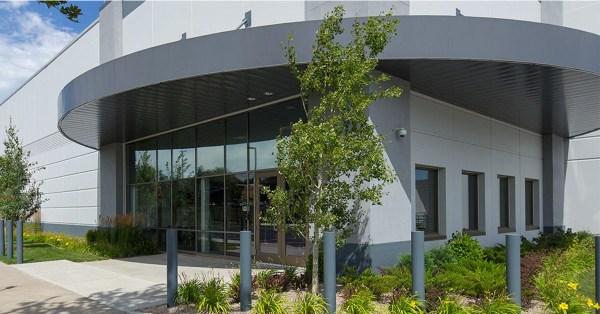If you’re serving business customers in Minneapolis, then you may, effectively, be obliged to implement a Minneapolis data center to deliver the level of service they require. Even if you’re not, implementing a Minneapolis data center can still be an astute move. Here is a brief guide to what you need to know.
Why choose a Minneapolis data center?
For many organizations, the main reason for choosing a Minneapolis data center will be to serve its local businesses. Minneapolis is one of the biggest financial services hubs in the USA (and, hence, the world). Financial services businesses often need data and services provided in as close to real-time as possible.
Additionally, many corporations have a significant presence in Minneapolis. Some are headquartered there. Others have an operational base in the city. Organizations serving these companies are also likely to benefit from having a Minneapolis data center.
Other attractions of being in Minneapolis include great infrastructure (physical and digital), a benevolent climate, and civil stability. The city also has a strong commitment to sustainability, including the development and use of renewable energy sources.
What to look for in a Minneapolis data center
Overall, the process of choosing a data center is much the same regardless of location. There are, however, some details about the process that will vary according to the characteristics of the specific location. With that in mind, here is a brief guide to what you should consider when looking for a Minneapolis data center.
Location
In some other cities, evaluating location might be a fairly low priority. In Minneapolis, however, it should usually be your top priority. This is because there is a direct correlation between the location of a data center and the speed at which it can serve its users. This correlation applies in one or both of two ways.
Firstly, if a data center is located near a major network hub, it will have a higher quality network connection than a data center that is further away from that hub. Secondly, the closer a data center is to its users, the quicker it will be able to serve them.
Both of these factors are likely to be major considerations for a Minneapolis data center due to its likely client base. In other words, a Minneapolis data center is very likely to be used to serve people who demand the very fastest level of service.
It’s also worth noting that the location of a data center will typically be a major factor in determining its costs. In the case of data centers based in cities, there are often variations in costs between one neighborhood and another.
Infrastructure
Infrastructure is an important consideration for any data center. What it will mean in practice, however, will depend on the type of data center you want to use.
With an enterprise data center, you will have total control over the infrastructure. With a colocation data center, you will need to evaluate the core infrastructure. Effectively, this means power, climate control, and network connectivity.
These days, evaluating power is generally less about ensuring a continuous supply of power and more about evaluating how well the provider manages energy usage. For example, do they have a sustainable power source and maximize energy efficiency?
Similarly, checking network connectivity options is less about ensuring that robust connectivity exists and more about checking its precise level of quality. Many organizations will also want to check network-management considerations such as carrier-neutrality, interconnectivity, and support for multicloud operations.
With managed services and cloud data centers, you will need to check all of the above plus check what operational infrastructure the vendor offers (e.g. server configuration options). It is also particularly important to check support for customization and scaling.
Resilience, security, and compliance
Resilience is essentially a data center’s ability to keep functioning in all circumstances. It is measured by uptime. Security plays a large role in ensuring resilience. It is also the foundation for effective compliance.
Even before reaching out to a data center vendor, you can get a baseline idea of their resilience by looking at their tier rating. Many vendors also publicize their uptime guarantee and their historical performance data. If they don’t, these should be made available upon request.
Likewise, many vendors will use their website to provide an overview of their key security measures plus any data security standards and/or frameworks they support. Again, if they don’t, they should provide these details upon request.
They should also be happy to discuss their processes for event- and incident management. This should include their provisions for business continuity and disaster recovery.







